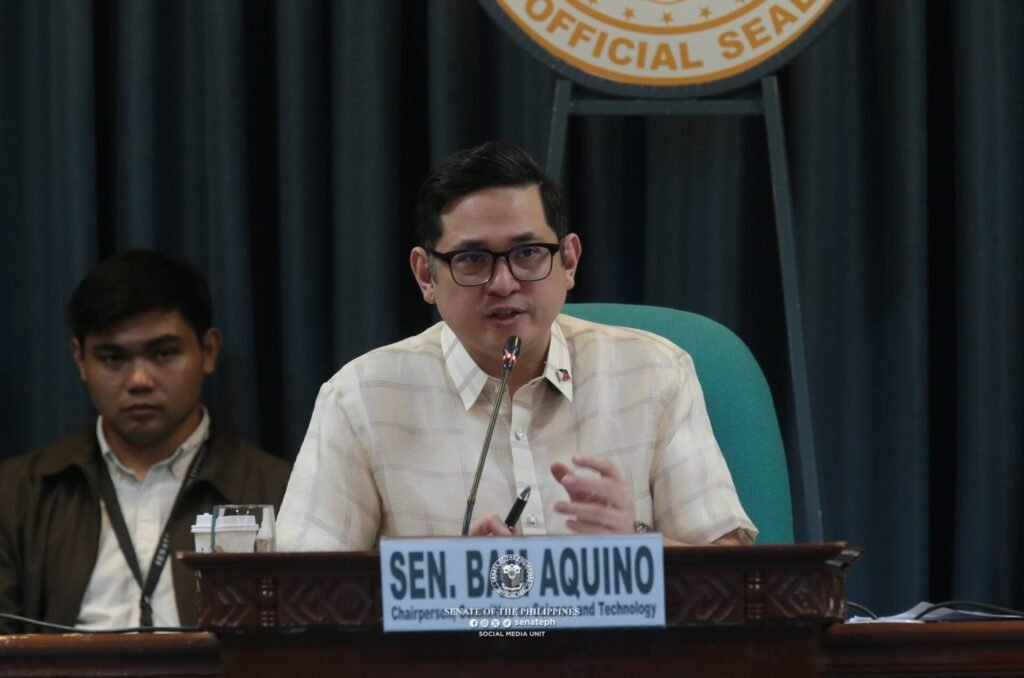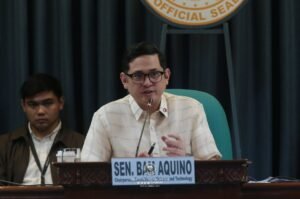
Senator Bam Aquino is pushing for the full implementation of the Free Internet Access in Public Places Act (RA 10929), a law he co-authored, arguing that the lack of connectivity is hindering the nation’s progress in education and the economy.
Aquino specifically called out the Department of Information and Communications Technology (DICT), demanding that they accelerate the rollout to ensure every Filipino, particularly students in public schools, has access to “free, fast, and reliable internet.”
The push comes as data reveals a significant gap in the program’s reach of only 2,872 of the country’s 58,121 public schools which are currently connected to the government’s Free Wi-Fi program. This means the vast majority of schools remain dependent on costly, private service providers.
Aquino underscored the internet’s role as a basic necessity, not a luxury.
“Internet connection is vital to our lives… it is used to find a job, build a business, transact with the government, and now, during the rainy season, to stay safe from disaster,” Aquino stated.
Aquino outlined three crucial demands for the DICT to finally bridge the digital divide. He is pursuing sufficient funding to ensure an adequate budget for building and maintaining free Wi-Fi sites across the country, especially in schools and colleges.
He challenged the DICT to release a clear master plan — one that is public, detailed, and backed by a timeline and measurable targets — showing exactly how and when free internet will reach every municipality.
The senator wants the law to be prioritized and focus the rollout on critical institutions like hospitals, government agencies, and transportation terminals and areas poorly served by the private sector.
Aquino also urged the DICT to explore new strategies for school connectivity, including negotiating “a bulk deal with our telco partners” to lower the cost of subscriptions for public schools.
The DICT, which operates the “Free Wi-Fi for All Program,” has already activated thousands of access points.
In a recent hearing, telecommunications firms responded positively to Aquino’s suggestion, expressing their willingness to offer discounted internet rates to the Department of Education (DepEd), which would drastically reduce government spending.
Furthermore, the DICT pledged to connect the remaining 11,964 public schools to its free program before the year’s end.
The department stated it would prioritize remote areas, or Geographically Isolated and Disadvantaged Areas (GIDAs), to guarantee that even the most far-flung students have access to online learning.
Aquino concluded that the full implementation of the law is not just about technology—it’s about opportunity.
“Access to the internet is access to knowledge. Access to improving our lives,” he affirmed.



